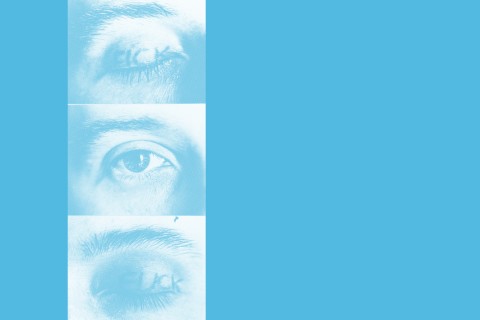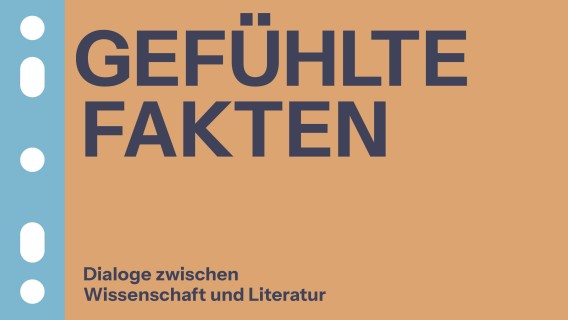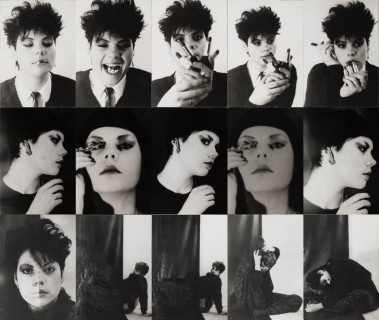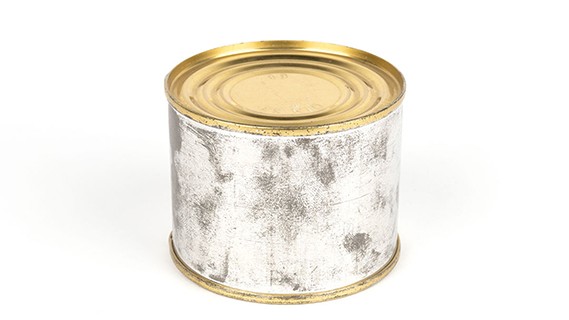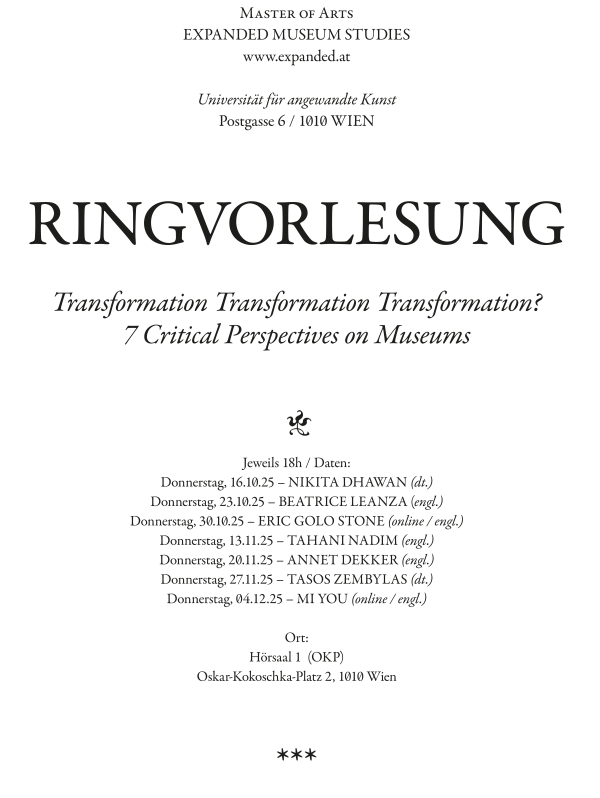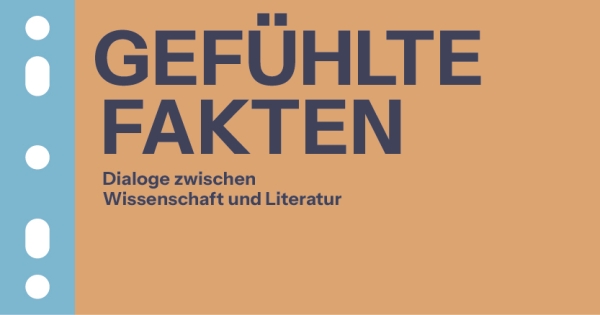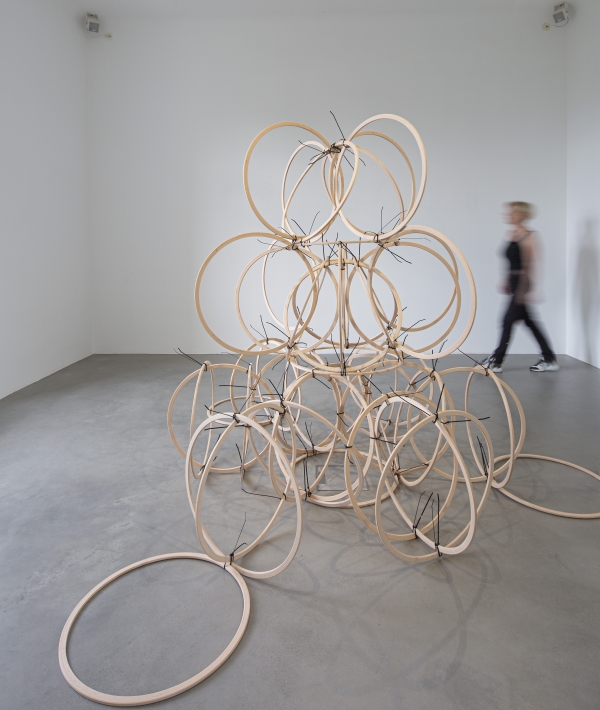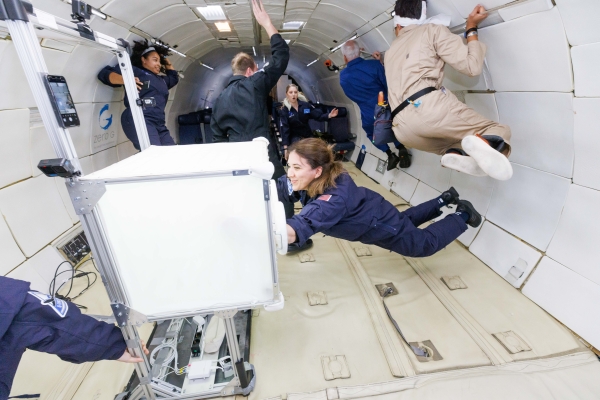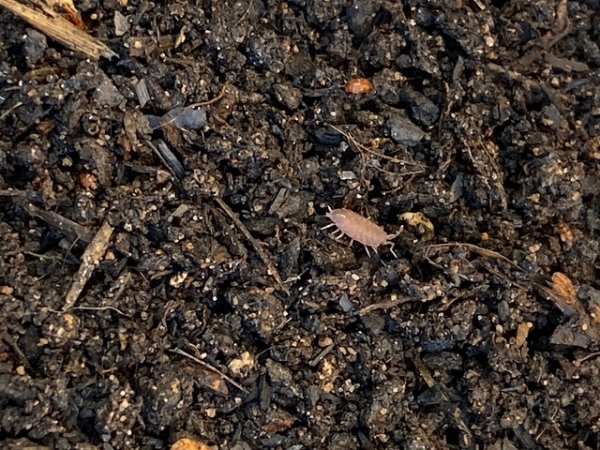- Aktuell
- Studium
- Universität
- International
- Institute
- Institut für Architektur
- Institut für Bildende & Mediale Kunst
- Institut für Design
- Institut für Konservierung und Restaurierung
- Institut für Kunstwissenschaften, Kunstpädagogik und Kunstvermittlung
- Institut für Kunstwissenschaften, Kunstpädagogik und Kunstvermittlung
- Design, Architektur und Environment für Kunstpädagogik
- Kunst und Kommunikative Praxis
- Textil - Freie, angewandte und experimentelle künstlerische Gestaltung
- Masterstudium Kunst- und Kulturwissenschaften
- Kulturwissenschaften
- Kunstgeschichte
- Kunsttheorie
- Philosophie
- Transkulturelle Studien
- Zentrum Didaktik für Kunst und interdisziplinären Unterricht
- Expanded Museum Studies
- Institut für Kunst und Gesellschaft
- Institut für Kunst und Technologie
- Institut für Sprachkunst
- Kunst und Forschung
- Angewandte Abschlussarbeiten
- Kunstsammlung und Archiv
- AIL – Angewandte Interdisciplinary Lab
- Universitätsgalerie
- Angewandte Performance Lab
- Art x Science School for Transformation
- Weibel Institut für digitale Kulturen
- Gender Art Lab
- Doktoratszentrum
- Forschungsprojekte
- Aktivitäten Support Kunst und Forschung
- Angewandte Praxis
- Service
- Presse





